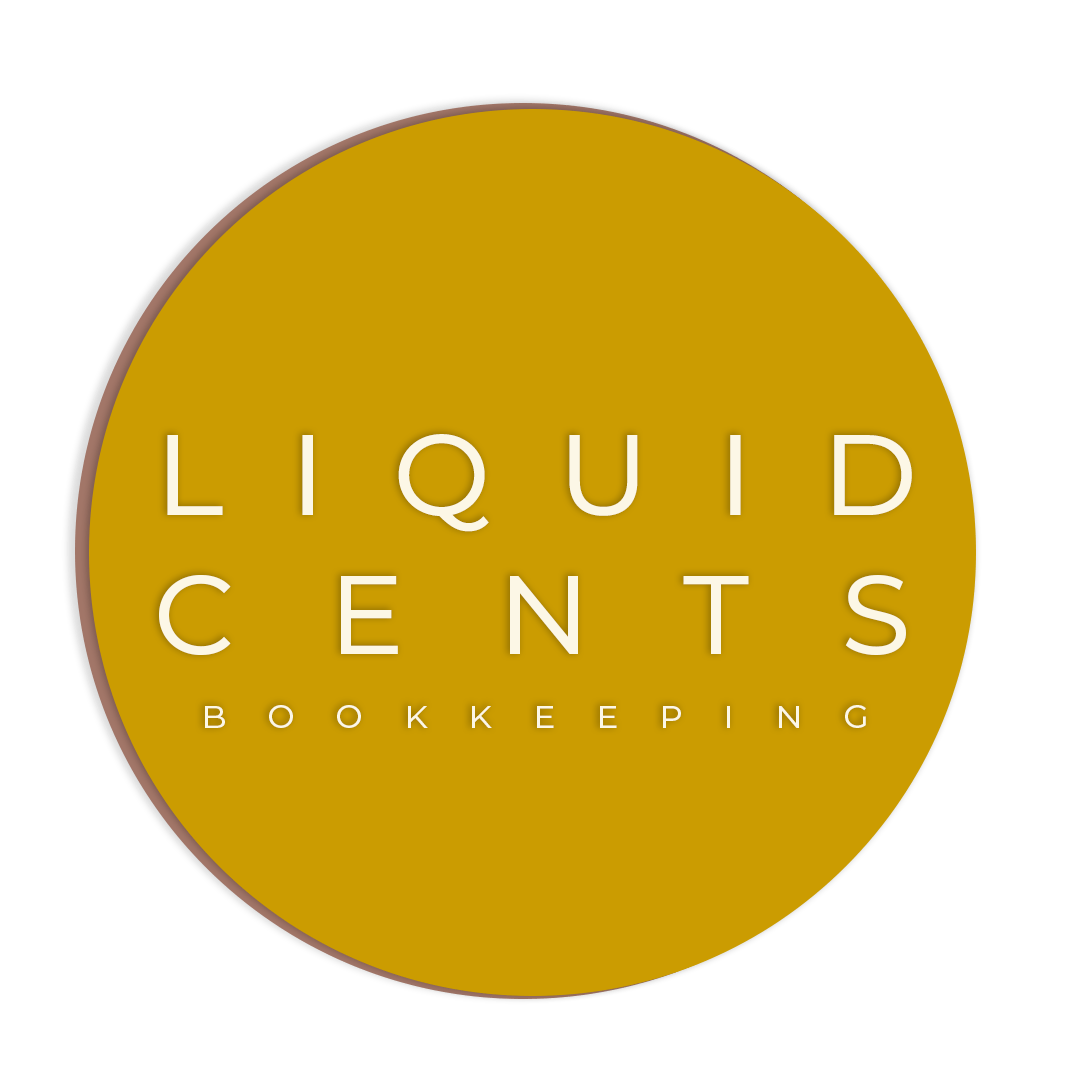DIY’ing your bookkeeping? Simplify it with these 3 tips
Simplify your bookkeeping with these 3 steps.
I get it, not everyone is ready to hire a bookkeeper. That doesn’t mean you don’t deserve good books and having it all in check. If you’re reading this, chances are you’re like most of my clients, who started their business journey by DIY-ing their bookkeeping. I wanna help you make that process simple!
Try these three hacks to make your life easier:
Connect Your Bank Feeds
Linking your bank account(s) to your bookkeeping software can help you save time on manual data entry. Using a software will make your like so much easier, and will reduce the amount of errors because the transactions are coming in automatically through the bank feeds. Rules are also your friend. You can create rules to reduce the time you spend categorizing, but don’t set them to “auto-add”, and don’t assume that the suggestions from the software are correct. In many cases, they’re wrong, like super wrong, not-even-close-to-being-right wrong. If you’re not sure, don’t create a rule and ask your accountant.
Set Calendar Reminders
It’s way too easy to get behind on your bookkeeping when you’re doing it all yourself! Make your life easier by setting reminders for the day your bank statements are released. Be specific with your reminders. For example, on the first Friday of the month you’ll reconcile the previous month and save all your receipts in your cloud folder, on the last Friday of the month you’ll categorize all the revenue and expenses, on the 10th of every month you’ll review your financial reports. Make it easy on you by pairing this with another habit you already have, or a time/day that you have established to work on your business (tip: look up habit stacking). The goal is to make this easy enough that you won’t suffer too much in the implementation, and you will be able to repeat it from now on.
Don’t Mix Business & Personal Expenses
Bookkeeping gets A LOT messier when you have to separate out personal expenses from your business expenses (or vice versa). Keep things clean by having a separate business bank account.
If you’re a sole prop and don’t have a business, you can still obtain an EIN and open a business account. If you chose not to and you want to use a personal account, you can still follow this step by open another personal account and use that one exclusively for “business” purposes. That means that all the revenue and all the expenses occur only in that account. This also includes all payment processors, Paypal transactions, Zelle, etc.
I believe in you! You got this!
PS: If you get stuck along the process and want some one-on-one help without the long-term commitment of hiring a bookkeeper? I offer VIP calls and QBO troubleshooting calls specifically for therapist practice owner! Find more info HERE under Support Calls.

